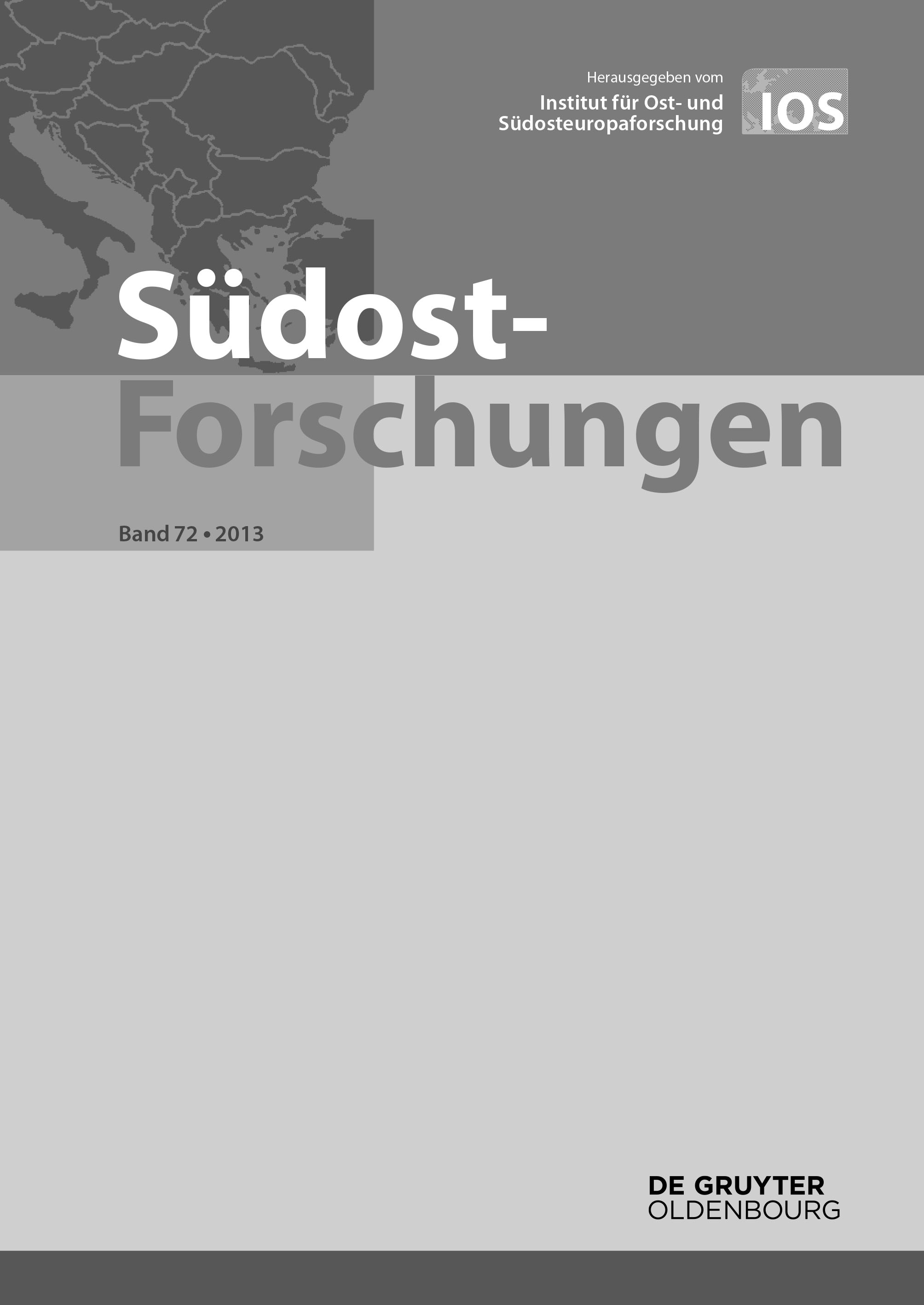Tito, Nehru, Chruščëv und der ungarische Volksaufstand 1956: Blockfreies Krisenmanagement im Kalten Krieg
Tito, Nehru, Khrushchev and the Hungarian Uprising of 1956: Non-aligned Crisis Management in the Cold War
Author(s): Nataša MiškovićSubject(s): Political history, Post-War period (1950 - 1989), History of Communism, Cold-War History
Published by: De Gruyter Oldenbourg
Summary/Abstract: The contribution examines how Yugoslav President Josip Broz Tito and Indian Prime Minister Jawaharlal Nehru tried to handle the Hungarian crisis in the autumn of 1956 according to the five principles of peaceful coexistence, which they had advocated in a joint statement in Brioni in the summer of the same year. It also explores the dimensions of trust and power relations between statesmen at a moment of crisis: from an initially idealistic understanding between Tito and Nehru which turned to sobering pragmatism, to the sly use of the same ideals in function of power and domination displayed by Soviet chairman Nikita Khrushchev, who did not trust neither Tito nor Nehru although both trusted him in the first place, and the subservient obedience of his Hungarian protégé János Kádár. The case study is part of a larger research project on the personal relationship between the founders of the Non-Aligned Movement, affiliated at the University of Zurich and financed by the Swiss National Science Foundation. It is based on rich archival materials from the Tito archives in Belgrade and the Nehru Memorial Museum and Library in New Delhi.
Journal: Südost-Forschungen
- Issue Year: 2013
- Issue No: 72
- Page Range: 158-197
- Page Count: 40
- Language: German
- Content File-PDF

